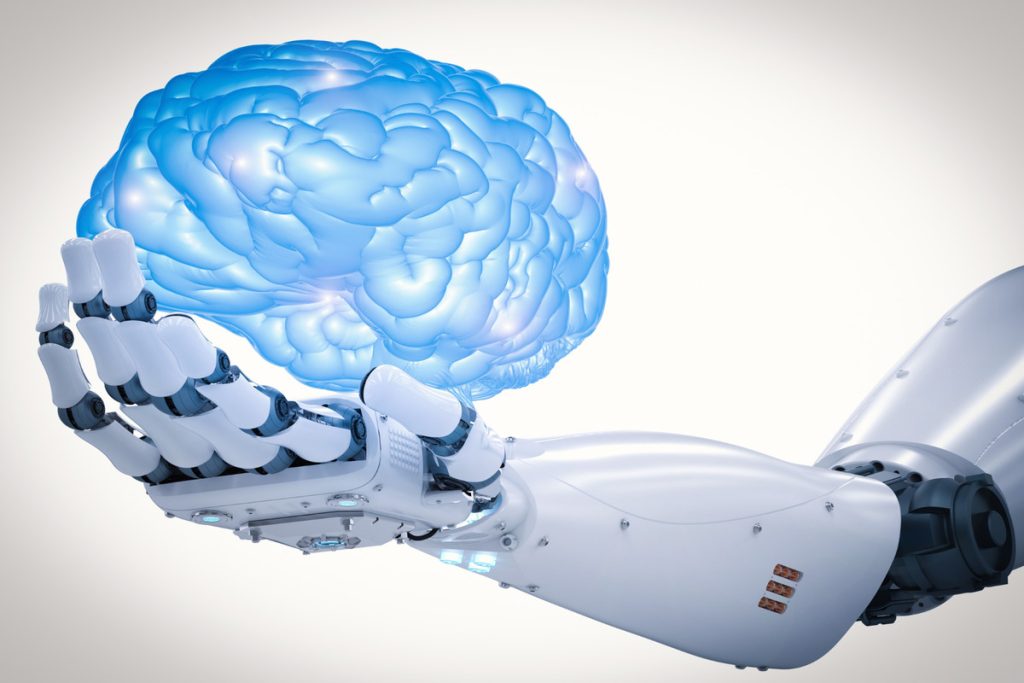AI Revolutionizing Healthcare
Artificial intelligence is fundamentally changing healthcare by enabling earlier and more precise disease detection. Advanced AI algorithms analyze massive datasets, identifying patterns that are often missed by traditional methods. These systems empower healthcare professionals to make accurate diagnoses and provide treatment plans tailored to individual needs. Moreover, AI is being used in robotic surgery, telemedicine, and even in mental health support. By reducing the margin of error and improving patient outcomes, AI is paving the way for a new era in modern medicine.
Smart Homes and Everyday Convenience
AI is the driving force behind the evolution of smart homes, transforming the way people interact with their living spaces. Through seamless automation, smart home devices manage tasks like controlling lighting, optimizing energy usage, and enhancing security. Devices such as virtual assistants allow homeowners to perform complex operations with simple voice commands. Beyond convenience, AI contributes to sustainable living by monitoring energy consumption and reducing waste. This integration ensures a higher quality of life while promoting environmentally responsible practices.
AI in Transportation
The emergence of AI in transportation is reshaping how people travel and commute. Autonomous vehicles, guided by sophisticated AI systems, promise safer roads and efficient travel. AI algorithms analyze traffic patterns, predict accidents, and optimize routes to minimize delays. Additionally, AI is employed in public transit systems, enhancing scheduling and passenger safety. By prioritizing efficiency and sustainability, AI plays a crucial role in the transition to smart cities and automated transportation networks.
Enhancing Customer Experience
Businesses across industries are leveraging AI to deliver exceptional customer experiences. AI-powered tools such as chatbots and virtual assistants provide instant, personalized support to consumers. By analyzing customer preferences and purchase histories, these systems offer tailored recommendations and solutions, fostering brand loyalty. Furthermore, AI enhances e-commerce platforms by improving search functionality, optimizing inventory management, and streamlining payment processes. The result is a seamless and satisfying shopping experience for customers worldwide.
AI in Education
Artificial intelligence is revolutionizing education by introducing adaptive learning platforms that cater to the unique needs of each student. These platforms assess individual strengths and weaknesses, offering customized lessons and exercises. AI also facilitates virtual classrooms, breaking geographical barriers and ensuring access to quality education for all. By automating administrative tasks like grading and scheduling, educators can focus more on teaching and mentoring. The integration of AI in education prepares students for a tech-driven world, equipping them with essential skills for the future.
Challenges and Ethical Considerations
While AI offers numerous advantages, it also raises critical ethical concerns. Issues such as privacy violations, data security, and potential biases in AI algorithms demand careful attention. Developing transparent and accountable AI systems is essential to building trust among users. Additionally, regulatory frameworks must evolve to address the challenges posed by rapid technological advancements. By prioritizing ethical practices, the AI community can ensure that this transformative technology benefits society as a whole.
Frequently Asked Questions
- What industries benefit the most from AI?
- Healthcare, transportation, and education are among the leading sectors utilizing AI advancements.
- How does AI improve healthcare?
- AI helps in early disease detection, robotic surgeries, and personalized treatment plans.
- Are smart homes fully dependent on AI?
- AI plays a significant role, enabling automation, security, and energy optimization.
- What are the risks of AI in transportation?
- Challenges include ensuring safety in autonomous systems and managing data security.
- How do chatbots use AI?
- Chatbots use AI to analyze queries and provide instant, personalized responses.
- Is AI ethical?
- While beneficial, ethical AI requires transparency and safeguards for privacy and bias.
- What is the future of AI in education?
- AI will further advance personalized learning, virtual classrooms, and adaptive teaching methods.
- Can AI replace human jobs?
- AI automates repetitive tasks but also creates new opportunities in tech-driven roles.
- What makes AI reliable?
- Reliability stems from ethical development, rigorous testing, and transparent systems.
- How is AI contributing to sustainable solutions?
- AI optimizes resources, reduces waste, and supports environmentally friendly innovations.

